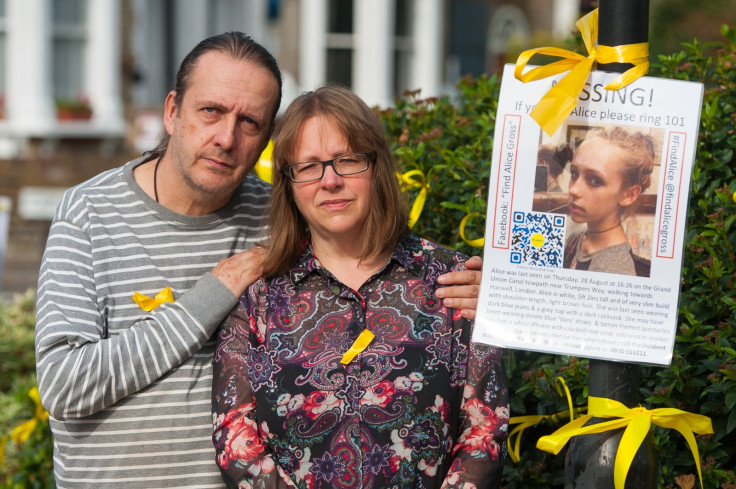Alice Gross: Mother of murdered Ealing schoolgirl questions monitoring of foreign offenders
Questions left unanswered as to why convicted killer Arnis Zalkans was allowed into the UK.

Rosalind Hodgkiss, Alice's mother spoke of the devastation she felt after her daughter's death. She said questions were left unanswered as to why Latvian builder Arnis Zalkans, believed to have murdered Alice Gross, was allowed into the UK. Giving evidence in person at the inquest, Hodgkiss also said the family were "stunned" that Zalkans was able to come into the country. He had previously served a prison sentence for murdering his wife in Latvia.
"We want to reiterate that the reason for these questions is so that we can establish whether or not the systems for monitoring foreign offenders and cross-border sharing of information are robust," Hodgkiss said at the inquest.
"We appreciate that they may have changed significantly, but we remain stunned that a foreign national with a conviction for murder was not monitored, or even known about in any way.
"This has destroyed much of our faith in our country's ability to protect its citizens.
"The Home Office and the police forces nationwide should be doing everything they can to ensure that this should not be allowed to happen again."
Police only found out that Zalkans had previously been convicted for murdering his wife weeks after Gross was reported missing, an inquest heard.
DCI Andy Chalmers told the court on Monday 27 June that detectives had contacted Latvian authorities about Zalkans during the course of their investigations into Gross's disappearance. The 41-year-old builder was found hanged in woodland in Boston Manor Park on 4 October.
Coroner Dr Fiona Wilcox ruled in 2015 that the inquest taking place at London's Royal Courts of Justice, would investigate if failures by the police and UK government could have contributed to the 14-year-old's death.
At the inquest, police said Zalkans murdered the Ealing teenager before killing himself. Swabs taken from Gross tested positive for the Latvian's DNA which "strongly supported the possibility that a serious sexual assault was undertaken", said Dr Ashley Fegan-Earl in a Guardian report.
Homicide with a sexual motive had occurred, he said, and the most likely cause of death was asphyixation. The inquest continues.
© Copyright IBTimes 2025. All rights reserved.






















